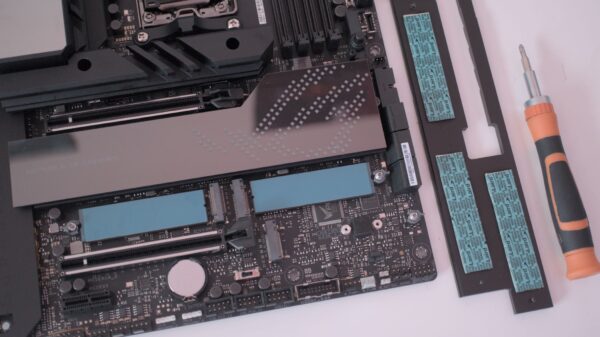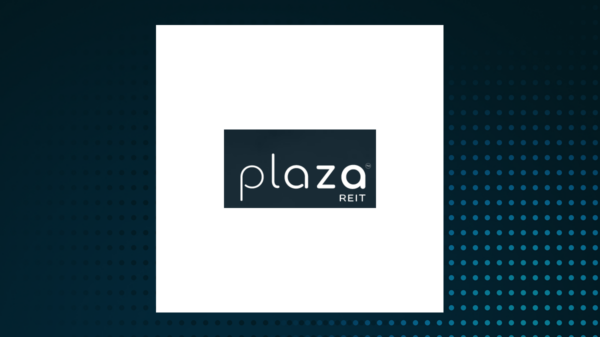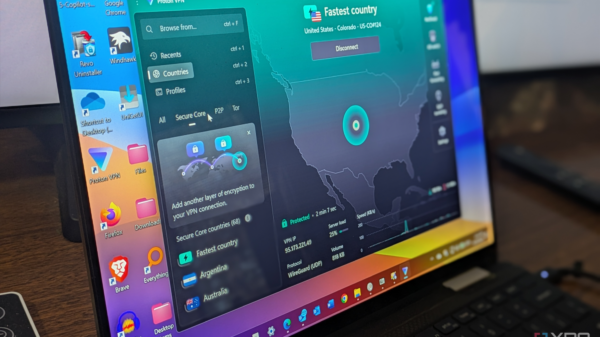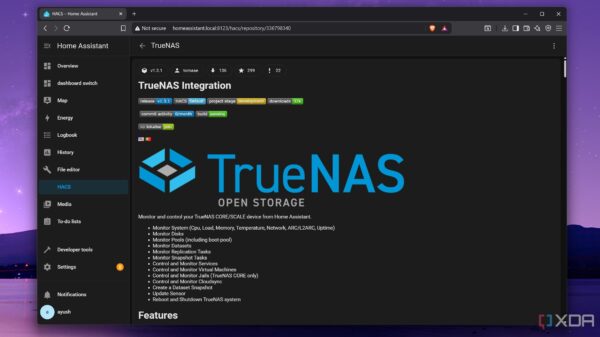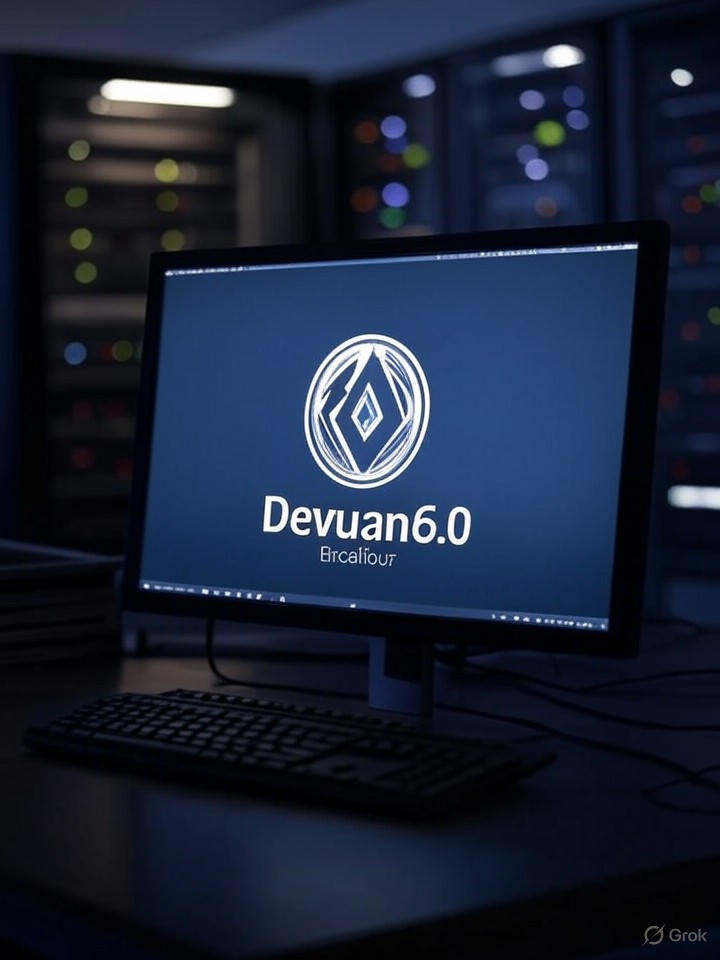UPDATE: The open-source community is buzzing with the recent launch of Devuan 6.0, codenamed “Excalibur,” which was officially announced on November 3, 2025. This groundbreaking release offers a powerful, systemd-free alternative to Debian 13, marking a significant shift for developers and system administrators seeking flexibility in their operating systems.
Devuan 6.0 is designed to cater to users who are frustrated with the controversial integration of systemd, which has been a divisive topic within the Linux community since its introduction in Debian 8. By leveraging the Linux 6.12 LTS kernel, Devuan emphasizes stability and user choice, making it an attractive option for enterprise environments that prioritize reliability.
The release retains a commitment to maintaining a systemd-free environment, providing alternatives like SysVinit, OpenRC, and Runit. This approach not only simplifies system management but also enhances boot times, which can be critical for embedded systems and containerized workloads. As noted by Phoronix, the new version continues to strip out systemd dependencies while preserving access to Debian’s extensive package repository, allowing users to employ familiar tools without the overhead of systemd’s complex architecture.
The roots of Devuan trace back to 2014, when a group of veteran Debian developers forked from the project in protest against systemd’s adoption. Since then, the project has upheld its core philosophy of “init freedom,” with Devuan 5.0 released in 2023, based on Debian 12 “Bookworm.” The new 6.0 iteration introduces mandatory /usr merge, aligning with modern Debian practices but requiring careful migration for existing installations.
As the landscape of Linux operating systems continues to evolve, Devuan 6.0 arrives at a pivotal moment. While major distributions push forward with systemd-centric innovations, Devuan serves as a vital counterpoint, highlighting the importance of diversity in open-source software. For enterprises wary of vendor lock-in or looking for minimalistic setups, this release underscores the enduring relevance of choice.
Next Steps: Looking ahead, Devuan’s maintainers are poised to align with Debian’s release cycle, potentially integrating features from upcoming kernels such as 6.18 for improved hardware support. Analysts suggest that as cloud-native computing gains momentum, alternatives like Devuan could find a growing niche in specialized sectors, particularly where security and reduced attack surfaces are paramount.
Devuan 6.0 isn’t merely a software update—it’s a bold declaration about the philosophy of software freedom. By forking from Debian 13 while ensuring stability, it provides a blueprint for users who value control over convenience. As the Linux ecosystem continues to flourish, releases like this ensure that diverse needs are met, keeping the community vibrant and adaptable.
This latest development is sure to resonate with those in tech circles, and with its immediate implications for current users and developers, it’s a story worth sharing. Stay tuned for further updates as the open-source world reacts to this significant release.


